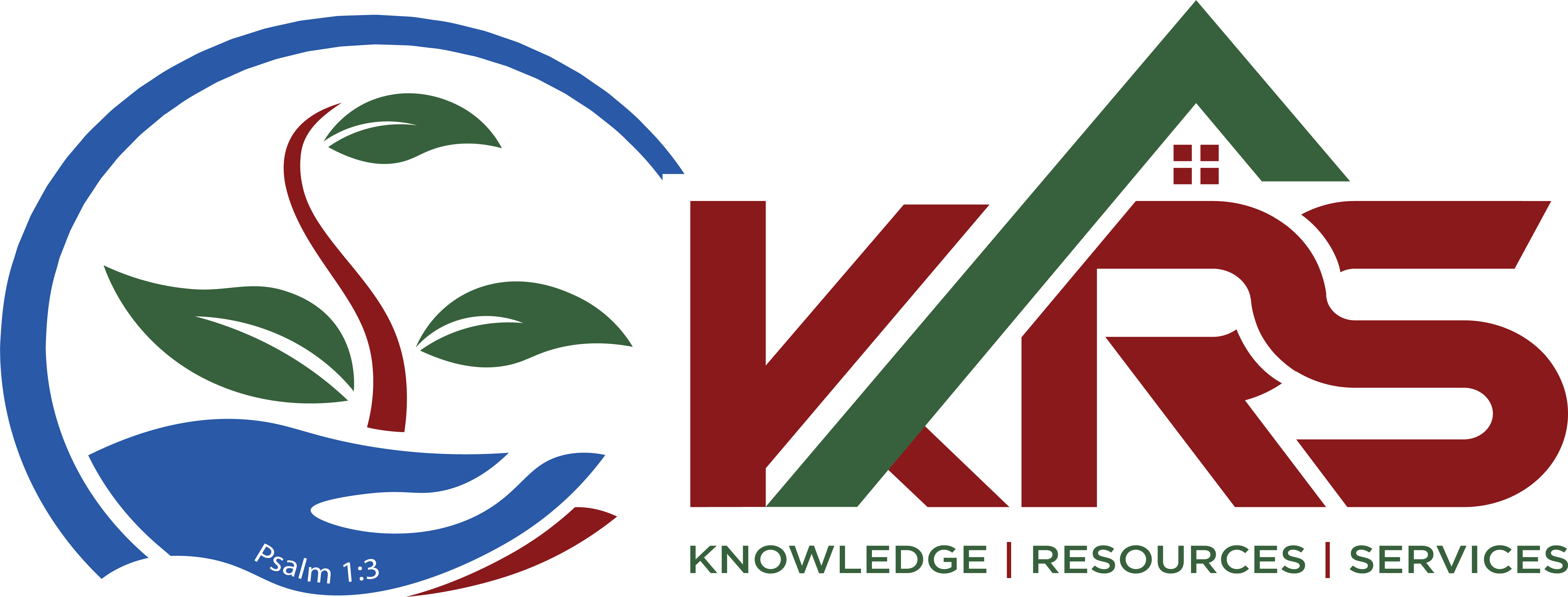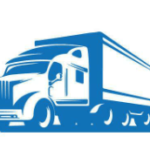
Merchant cash advances (MCAs) can provide quick access to capital for businesses, especially those with fluctuating or seasonal revenue. However, they also come with certain drawbacks and risks. Here are the pros and cons of merchant cash advances:
Pros:
- Quick Access to Capital: One of the primary advantages of MCAs is the speed at which funds can be obtained. Approval and funding can often occur within a few days, making MCAs a viable option for businesses in need of immediate cash flow.
- No Collateral Required: MCAs are typically unsecured, meaning they do not require collateral such as property or equipment. This can be advantageous for businesses that lack sufficient collateral or prefer not to risk their assets.
- Flexible Repayment: Unlike traditional term loans with fixed monthly payments, MCAs are repaid through a percentage of the business’s daily credit card sales or bank deposits. This repayment structure is more flexible and adjusts with the business’s cash flow, making it easier to manage during slow periods.
- No Fixed Monthly Payments: Since repayment is based on a percentage of sales, there are no fixed monthly payments. This can be beneficial for businesses with fluctuating revenue, as they are not obligated to make large payments during slow periods.
- No Personal Guarantee: In some cases, MCAs may not require a personal guarantee from the business owner, reducing personal liability.
Cons:
- High Cost: MCAs often come with high fees and factor rates, resulting in a high effective APR (Annual Percentage Rate). The total cost of borrowing with an MCA can be significantly higher compared to traditional loans.
- Impact on Cash Flow: The daily or weekly repayment structure of MCAs can put a strain on a business’s cash flow, especially during periods of low sales. Since repayment is based on a percentage of sales, businesses may end up paying more when sales are high.
- Renewal and Stacking: Some MCA providers may encourage businesses to renew or “stack” multiple advances, which can lead to a cycle of debt and further financial strain.
- Lack of Regulation: MCAs are not subject to the same regulations as traditional loans, which can leave businesses vulnerable to predatory lending practices and unclear terms.
- Not Suitable for Long-Term Needs: MCAs are typically short-term financing solutions and may not be suitable for long-term capital needs or investments.
In summary, merchant cash advances can provide quick access to capital with minimal requirements, but they come with high costs and potential risks to cash flow. Businesses considering MCAs should carefully evaluate the terms, total cost of borrowing, and their ability to repay based on their sales volume and cash flow projections. Consulting with a financial advisor or exploring alternative financing options may also be advisable.
What if I default on my merchant cash advance?
Defaulting on a merchant cash advance (MCA) can have serious consequences for your business and personal finances. Here are some potential outcomes if you default on an MCA:
- Collection Efforts: MCA providers typically have aggressive collection tactics to recoup their funds. This can include contacting you frequently via phone, mail, or email, as well as employing third-party collection agencies.
- Additional Fees and Penalties: Defaulting on an MCA can result in additional fees, penalties, and interest charges. These can quickly escalate the total amount owed, making it even more challenging to repay the debt.
- Legal Action: In some cases, MCA providers may pursue legal action to recover the outstanding debt. This can include filing a lawsuit against your business, obtaining a judgment against you, and potentially seizing assets through garnishment or liens.
- Damage to Credit Score: Defaulting on an MCA can negatively impact your business and personal credit scores. This can make it more difficult to obtain financing or credit in the future and may affect your ability to run your business effectively.
- Business Closure: In extreme cases, defaulting on an MCA and facing legal action or severe financial hardship could lead to the closure of your business.
It’s crucial to communicate with your MCA provider if you’re struggling to make payments. Some providers may be willing to negotiate a modified repayment plan or settlement to avoid default. However, it’s essential to understand the terms and consequences of any agreements reached with your MCA provider.
If you’re facing financial difficulties, consider seeking assistance from a financial advisor or credit counselor to explore your options and develop a plan to address your debt obligations. It’s essential to address the situation proactively to minimize the negative impact on your business and personal finances.
At KRS AGENCY, our mission is to help businesses become the best they can be. To learn more about our comprehensive services, contact us today.


















